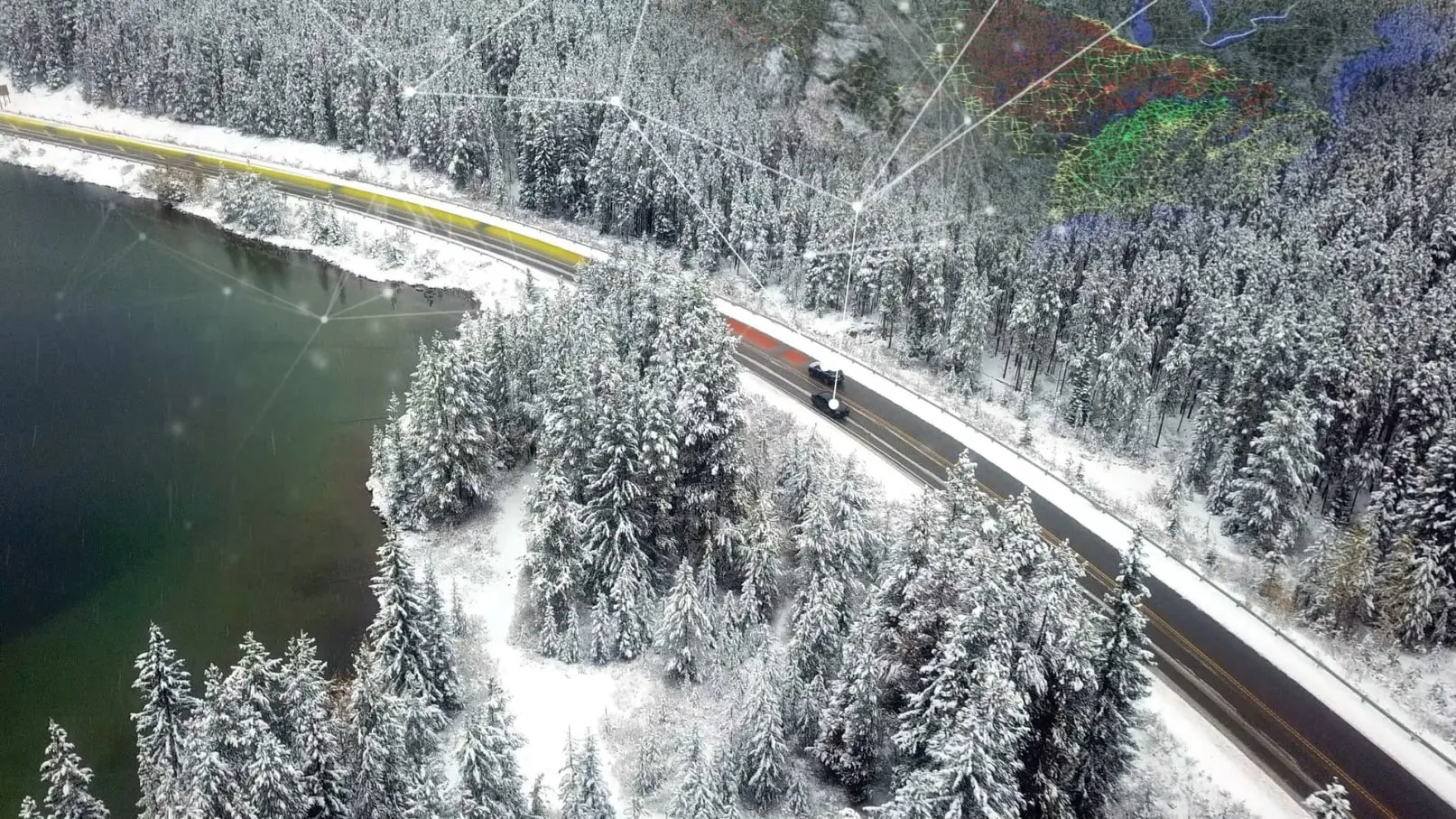A new road weather information system developed by Hyundai Engineering and Construction (Hyundai E&C) can provide drivers with reliable real-time traffic and road condition information, says the company.
The system, developed in concert with Hyundai Motor Company and Hyundai Mobis, can help alert drivers of traffic congestion and potentially hazardous road conditions up ahead by collecting data from all cars, such as ambient temperatures and road conditions. It also processes information from various roa
December 16, 2013
Read time: 2 mins
A new road weather information system developed by 1684 Hyundai Engineering and Construction (Hyundai E&C) can provide drivers with reliable real-time traffic and road condition information, says the company.
The system, developed in concert with Hyundai Motor Company and Hyundai Mobis, can help alert drivers of traffic congestion and potentially hazardous road conditions up ahead by collecting data from all cars, such as ambient temperatures and road conditions. It also processes information from various road sensors and even uses weather reports to provide a continuous stream of information to drivers.
The information can then be distributed to cars directly or through message signs set up on roads by using WAVE telecommunication technology.
Compared to existing systems that can only provide information on certain stretches along a road, the new system is comprehensive and offers a high degree of reliable information, the company said.
"In effect, all cars moving ahead of my car are sending back information that can help drivers take a detour if there is congestion, or slow down if the road is slippery or icy," a spokesman said.
The system, developed in concert with Hyundai Motor Company and Hyundai Mobis, can help alert drivers of traffic congestion and potentially hazardous road conditions up ahead by collecting data from all cars, such as ambient temperatures and road conditions. It also processes information from various road sensors and even uses weather reports to provide a continuous stream of information to drivers.
The information can then be distributed to cars directly or through message signs set up on roads by using WAVE telecommunication technology.
Compared to existing systems that can only provide information on certain stretches along a road, the new system is comprehensive and offers a high degree of reliable information, the company said.
"In effect, all cars moving ahead of my car are sending back information that can help drivers take a detour if there is congestion, or slow down if the road is slippery or icy," a spokesman said.









